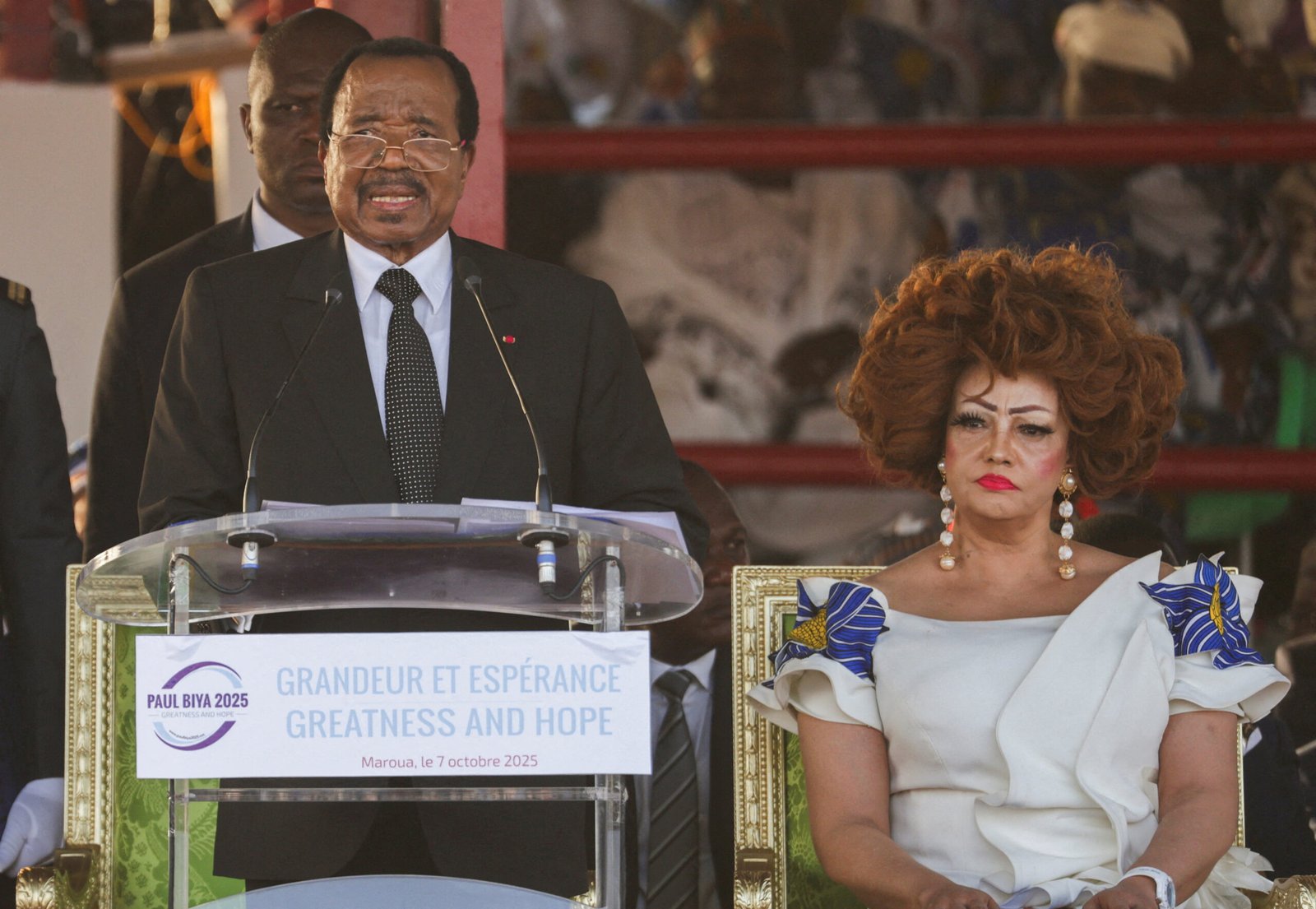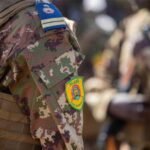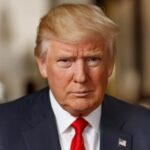Cameroon’s long-serving president, Paul Biya, has been re-elected for an eighth consecutive term at the age of 92, extending his more than four decades in power.
Official results announced by the Constitutional Council on Monday confirmed that Biya secured 53.66 percent of the vote, ahead of his main challenger, Issa Tchiroma Bakary, who received 35.19 percent.
The announcement was met with outrage from opposition groups, who allege widespread irregularities and electoral fraud. Reports from local observers and residents indicate that tension has gripped several major cities, including Yaoundé and Douala, where protests erupted shortly after the results were made public. Witnesses described security forces deploying tear gas to disperse demonstrators demanding what they called “justice for the people’s vote.”
President Biya’s re-election cements his status as one of Africa’s longest-serving leaders. Having ruled Cameroon since 1982, his continued leadership has divided public opinion. Supporters praise him for maintaining stability in a country that has faced economic and security challenges, while critics accuse his administration of authoritarianism, corruption, and stifling dissent.
Opposition candidate Issa Tchiroma Bakary dismissed the official results, calling them “a betrayal of democracy.” In a statement to the press, he urged international bodies to investigate allegations of ballot stuffing, voter intimidation, and the manipulation of electoral rolls.
Also Read; Africa CDC Unveils Plan for Stronger Health Institutes
Independent analysts have described the 2025 election as one of the most contentious in recent years. Observers note that despite a relatively high voter turnout, the process was marred by logistical challenges, limited transparency, and restricted access for opposition party agents in some regions.
Meanwhile, residents in the English-speaking regions of Cameroon have voiced renewed frustration over long-standing political and cultural grievances, which have fueled years of separatist unrest. Human rights organizations have called on the government to exercise restraint and ensure that citizens’ right to peaceful protest is protected.
President Biya, addressing the nation in a televised speech, thanked voters for their confidence and vowed to continue his “mission to preserve unity and development.” He promised economic reforms and national dialogue, although previous pledges have drawn skepticism from critics who argue that change has been slow and largely symbolic.
As Biya embarks on yet another seven-year term, Cameroonians remain divided—some hopeful for progress, others weary of a leadership that has defined the nation for more than forty years. With growing youth frustration and increasing pressure from civil society, the coming years may prove to be a defining chapter in the country’s political journey.







